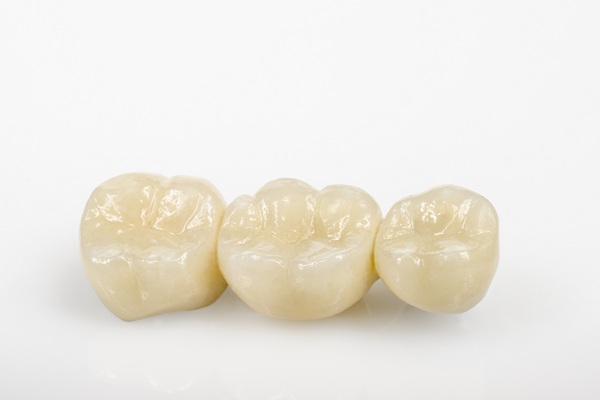How a General Dentist Can Make Your Teeth Stop Hurting

As a
general dentist, we can help your sensitive teeth to feel better and stop hurting. It is normal for people to experience a level of tooth sensitivity as they age since the enamel tends to wear away. If, however, they start to hurt, and the sensitivity becomes a regular problem – you need to schedule a dental exam. The sensitivity could be caused by an infection, and it is important to have it treated before it can spread.There are several reasons why teeth become sensitive or start hurting. Gum disease is among the most common because it impacts so many people. When bacteria get trapped under the gums, it can cause them to swell, bleed, and start to hurt. This can make your entire mouth feel sensitive and cause pain when eating or brushing your teeth. Fortunately, this condition can typically be avoided if you have your teeth cleaned twice a year. If it starts, we can catch it right away and perform a deep cleaning to remove the bacteria before other problems develop. If gum disease isn’t treated right away, it can cause the gums to recede, and pockets may be created in the gum tissue. When this happens the exposed area of your tooth and roots are at risk for further infection, and you will likely experience both tooth and gum pain.As a
general dentist, we also treat patients who are experiencing tooth pain due to a cavity. When cavities first develop, they are small, and you may not notice them right away. As they grow, it will become painful to bite down on that side of your mouth, and you may experience a lasting toothache. We don’t want our patients to experience any discomfort so if you come in after the first twinge of pain, we can treat the cavity and prevent a major toothache from developing.When gum disease and cavities are not to blame for your tooth pain, a loss of enamel probably is. Your teeth have a hard outer layer of enamel that protects them. When you bite down, eat, or drink, the enamel is touched but the dentin underneath is protected. As people age, the enamel can wear away due to diet, brushing too hard, or even age. In this case the dentin becomes exposed which can lead to tooth sensitivity and pain. Dentin is full of tiny pores that contain nerve endings so when you eat, and something touches the pores, a pain sensation will be sent directly to the brain. This is why people with sensitive teeth will often experience sharp and sudden pain.
We can treat teeth that no longer have enough enamel in our
general dentist office. One of the ways that we do so is by performing a fluoride treatment where minerals are placed directly onto the teeth in order to strengthen them. We can also seal the teeth so that the pores of the dentin are no longer exposed and when this is not enough a bonding procedure or a dental crown can do the trick.If your teeth are in pain or sensitive, give us a call so that we can help you to feel better quickly.
Recent Posts
In recent years, more patients have been asking general dentist professionals about straighter teeth. Orthodontic treatment has come a long way in the last decades. Patients may think that traditional braces are the only option, but clear aligners and appliance therapy are also available now. When having this conversation, it is important that patients discuss…
A general dentist may recommend a mouthguard to protect the teeth from damage that can occur from teeth grinding, sports injuries, or physically strenuous jobs. Grinding can be difficult to treat, but a patient can be helped by a thin mouthguard on the upper or lower teeth to prevent friction from occurring. Other types of…
A general dentist is the dental equivalent of a primary care physician. A general dental professional is the person dental patients can go to for routine preventative care and diagnosis of any oral health problems. There are multiple benefits to establishing a relationship with a general dentist.Maintaining oral health is important for both the health…
When a patient has a cavity, a general dentist thoroughly takes out all the decayed area of the tooth and replaces it with a filling in the empty space to prevent future decay. When it comes to the type of filling, there are various options from which the patient may choose. They each have advantages…
 As a
As a 
